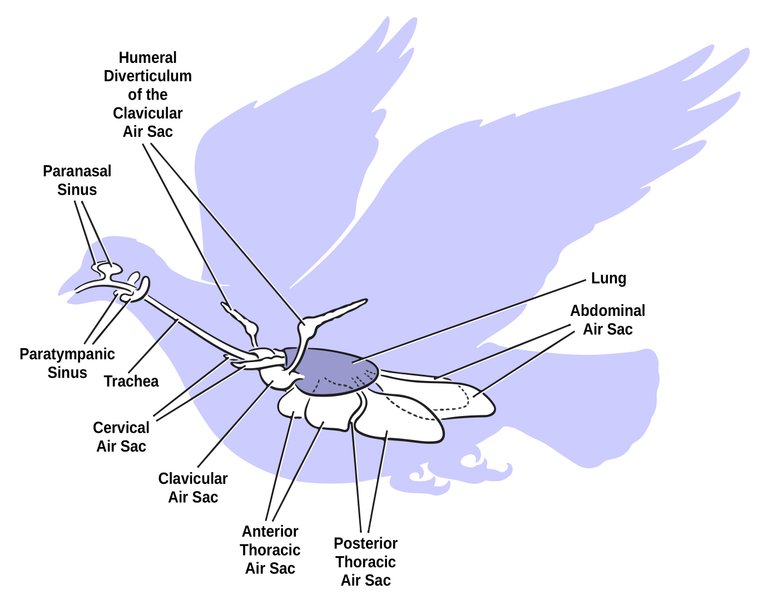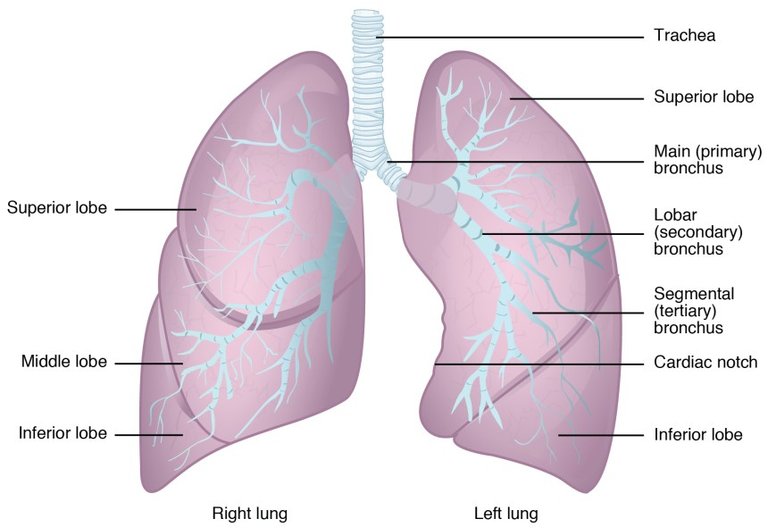We breath in and out and we can say that our lungs are sufficient to help us survive but this becomes an issue when we are climbing mountains where the oxygen in the atmosphere isn’t much. Unlike you that do not go on mountain climbing, mountain climbers have a more efficient lungs. For a lot of people climbing mount everest, they require a substantial amount of oxygen while climbing but a few people have been able to climb the mountain.
Perhaps you are able to get to the top of the mountain, you might notice that you see birds flying over the mountain and you wonder if they do not have the same problem even with the thick air above the mountain. Compared to mammals and reptiles, birds do not have similar lungs like us.
Our lungs work by ensuring that air gets close to the blood and this oxygen reaches the blood through passive diffusion where the air moves from a point of high concentration to a point of low concentration. So when we inhale, it air mixes woth other air in the lungs with no oxygen after which oxygen deprived air is exhaled. So the lower the oxygen in the atmosphere, the lower the oxygen that will mix with the air in the lungs.
Unlike us that breath in air directly to the lungs, birds do not breath in air directly to the lungs. When birds breath in, the air goes to the posterior air sac at the rear side of the bird which isn’t a lung but a holding chamber for birds to hold inhaled air. When birds exhale, the air from the posterior air sac find its way to the lungs when it inhales again, the oxygen filled air goes to the posterior air sac, the air in the lungs go to the anterior air sac. When the bird exhale, air odfrom the anterior air sac leaves the body, while air from the posterior air sac enters the lungs.
So with this, when birds inhale, oxygen filled air goes to the posterior air sac, and air in the lungs go to the anterior air sac but when birds exhale, the air from the posterior air sac goes to the lungs and air from the anterior air sac leaves the body. With birds, new air never mixes with old air, and they are separated which helps to keep the oxygen concentration dodo gradient higher which allows bird to fly at high altitude since they have enough oxygen to use.
Due to the axial structure of the bird lungs coupled with the partitioning of air flow in and out of the body, it is mo doubt that the lings of birds are more more efficient than us humans. When we breath out, the body doesn’t have oxygen in it to pull out air from but there was alao an animal that had different breathing methods from us humans and that is the dinosaur which had a unidirectional airflow and their birdlike ancestors still have this same type of breathing method. Some aligators, crocodiles, and monitor lizards breath unidirectionally.
<suphttps://www.pnas.org/doi/full/10.1073/pnas.1405088111
https://www.journals.uchicago.edu/doi/10.1086/605335
https://www.science.org/doi/10.1126/science.1180219
https://academic.oup.com/icb/article-abstract/55/6/962/2363644?redirectedFrom=fulltext
https://link.springer.com/article/10.1007/s00360-016-0983-3
https://royalsocietypublishing.org/doi/10.1098/rstb.2019.0140
https://journals.physiology.org/doi/full/10.1152/physiol.00056.2014?checkFormatAccess=true
https://www.science.org/doi/10.1126/science.1140273


